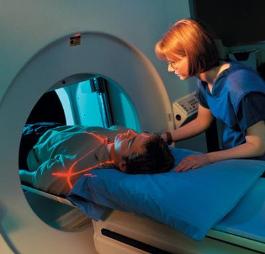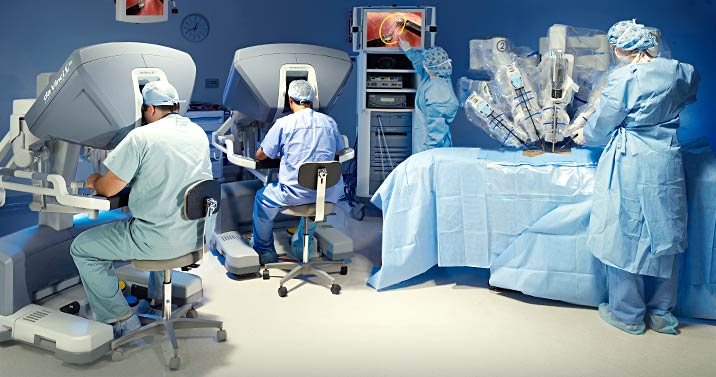
 An accountability tool embedded in an electronic health record system could help reduce unnecessary CT scans among emergency department patients with abdominal pain, according to a study presented last week at the annual meeting of the Society for Academic Emergency Medicine.
An accountability tool embedded in an electronic health record system could help reduce unnecessary CT scans among emergency department patients with abdominal pain, according to a study presented last week at the annual meeting of the Society for Academic Emergency Medicine.
Angela Mills — medical director of the Hospital of the University of Pennsylvania’s ED and co-author of the study — said abdominal pain often is difficult to diagnose, so ED physicians typically rely on CT scans to determine the source of the problem. Such practices can expose patients to unnecessary radia-tion and increase health care costs.
For the study, researchers compared the number of CT scans ordered at two Penn EDs between July 2011 and Oct. 16, 2011 — before the accountability tool was installed — with the number of CT scans ordered between Oct. 17, 2011 and March 2012.
The study population included 11,176 patients older than 18. Eighty-one percent of those patients pre-sented with a primary complaint of abdominal pain.
The Hospital of the University of Pennsylvania installed an accountability tool in its EHR system that asks physicians a series of questions when they order an abdominal CT scan. The tool asks physicians about:
Suspected primary and secondary diagnoses;
Probability that the primary diagnosis will be accurate; and
Whether the physician is the primary clinician ordering the scan.
Although the tool does not prevent physicians from ordering abdominal CT scans, it does require an attending physician to sign off on CT scans ordered by a medical resident.

Be a part of Elets Collaborative Initiatives. Join Us for Upcoming Events and explore business opportunities. Like us on Facebook , connect with us on LinkedIn and follow us on Twitter , Instagram.
"Exciting news! Elets technomedia is now on WhatsApp Channels Subscribe today by clicking the link and stay updated with the latest insights!" Click here!
















